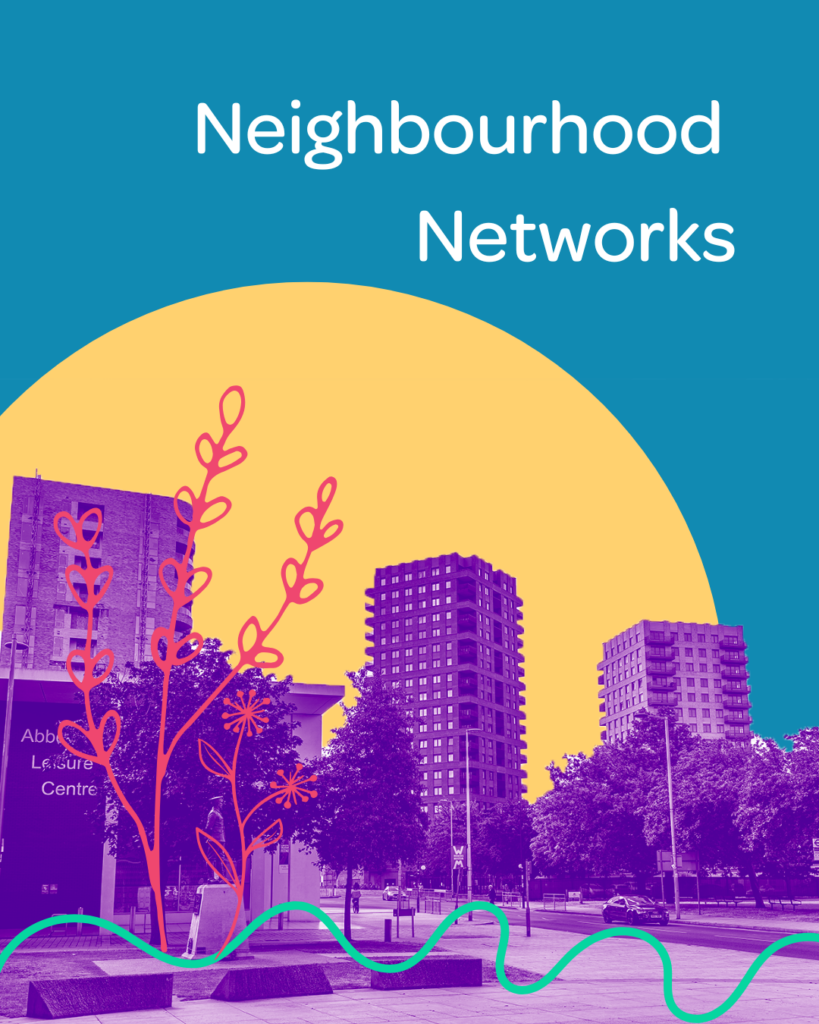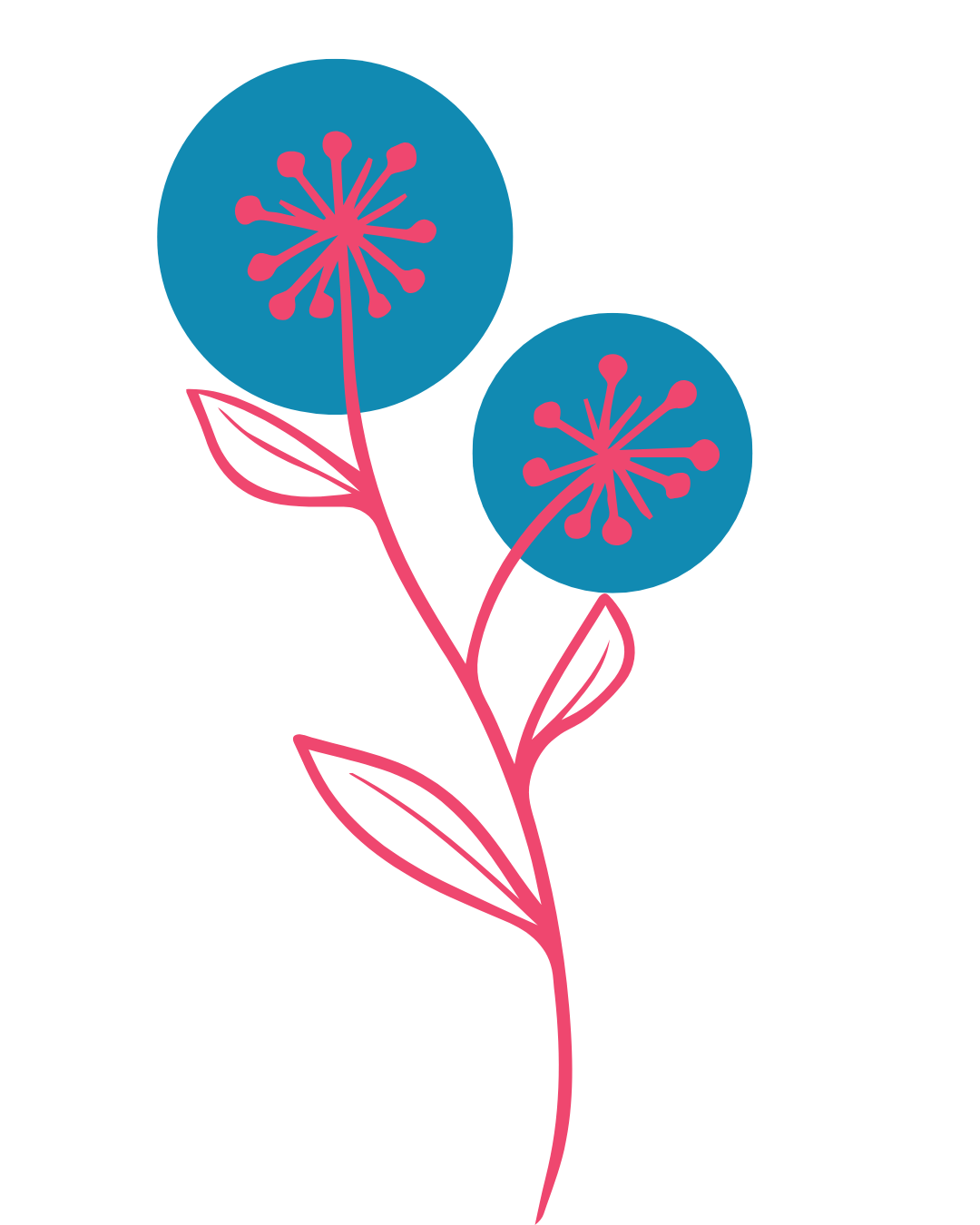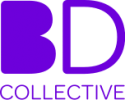how to get
involved
What is a Neighbourhood Network?
The Neighbourhood Networks are welcoming spaces that start with community and focus on growing connection, trust and belonging and a shared vision of ‘place’.
We can’t be more specific about what Networks are because each neighbourhood has different communities, and every community has different strengths and experiences that they can bring to the table.
The aim is to develop at least 10 Networks over the next two years, so as to shape what happens in their neighbourhoods.
They are created by a group of at least three VCFSE (Voluntary, Community, Faith-based and Social Enterprises) that come together with residents to shape the activity of a neighbourhood, and then co-design ways of developing those ideas.

What do we actually want the Neighbourhood Networks to do?
- To work alongside communities to test ideas to improve their neighbourhood
- To develop community-led local solutions
- To create and support new connections across the voluntary and community sector
- To create impactful innovations that lead to further projects and greater impact
- To involve people who might not normally get involved in local initiatives
- To increase individual skills and community leadership
- To improve the health and wellbeing of residents
- To foster & build connection, trust and belonging in communities
How does my organisation get involved?
Firstly, connect with the people and organisations in your locality that you want to work with. There may already be a network forming in your area, in which case, find out if you can get involved. If you’re not sure, get in touch with us.
Next, once you have found your network partners, all organisations need to fill out this Expression of interest (EOI) form – this is a brief outline of who you’re planning to work with and the outline of how you’re going to go about this work.
The Financial Details:
Yes, there’s money involved:
- £28,789.37 per year (for the initial two-year-programme)
- 67% to be spent on directly innovating with residents, an ‘Innovations Budget’
- Up to 33% to be spent on a Development Budget
All organisations involved are expected to sign and deliver against outcomes in a service agreement, which includes a commitment to regular attendance at learning meetings, and being a reflective and responsive learner in the process.

Meet the first three Neighbourhood Networks!
Launched in September 2025, Heath Park, Neighbourhood Hearts and Parsloes Potential are our pioneering Neighbourhood Networks. Read more about them here.

Supporting documents (which we recommend reading through before arranging to meet with us, or sending us questions)
Onboarding process flow diagram (a visual map of a network’s onboarding journey)

